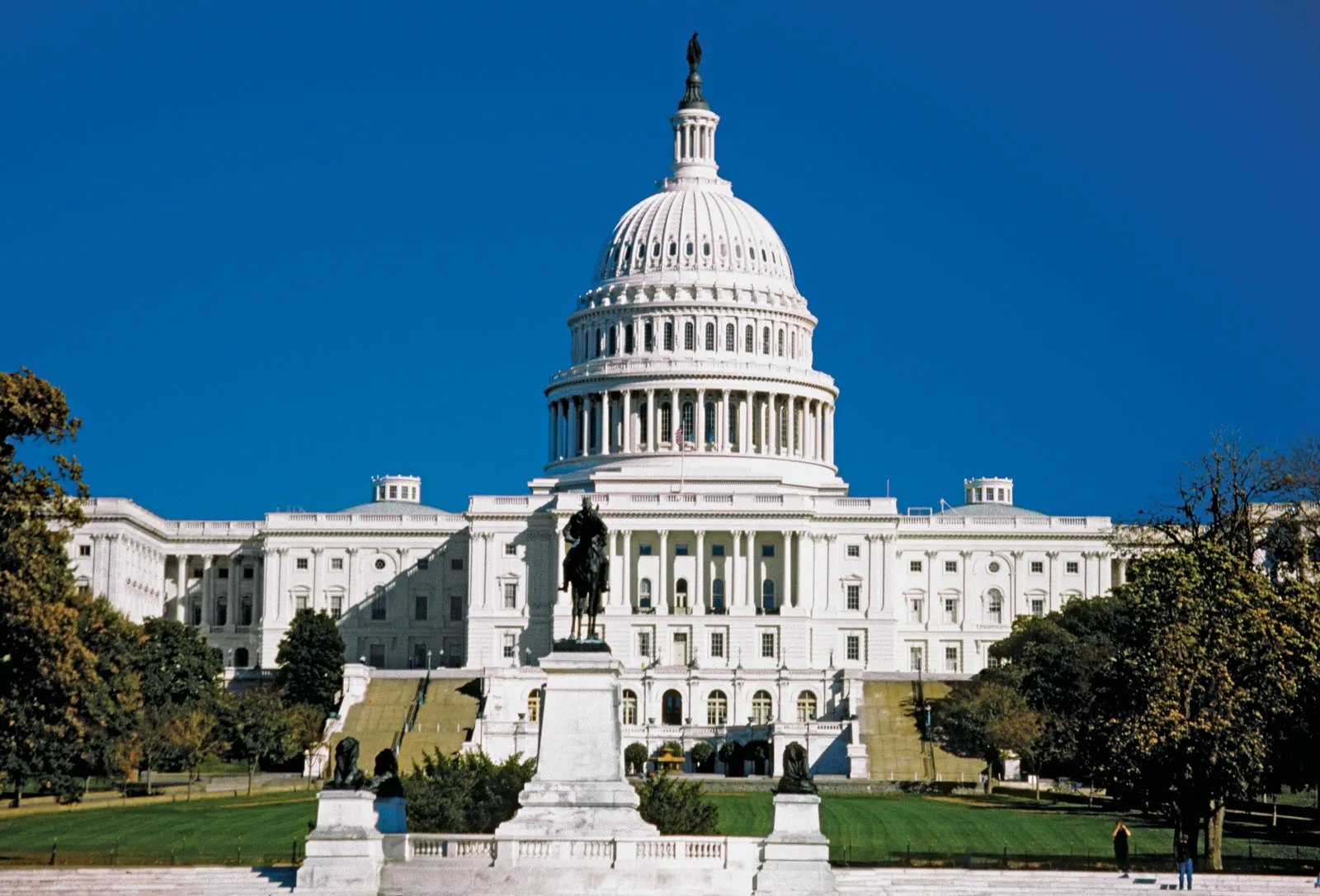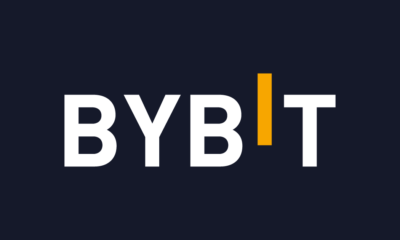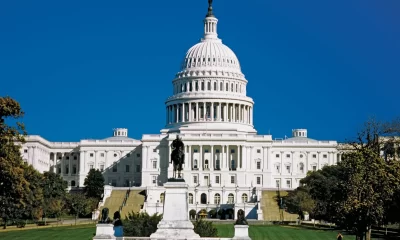Business
US Senate recommends blockchain for national security tests
The United States Senate committee is actively exploring the potential of blockchain technology to enhance security within the defense supply chain.
-

 Business1 week ago
Business1 week agoKenya’s crypto tax could hinder Africa’s digital growth opportunity
-
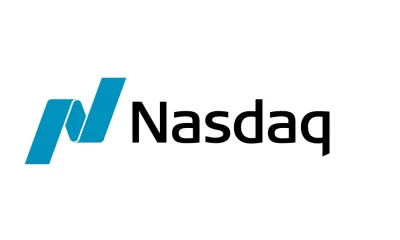
 Business6 days ago
Business6 days agoNasdaq-listed fintech Netcapital acquires crypto native protocol Mixie
-

 Business1 week ago
Business1 week agoMetaplanet shares jump after $5.4B plan to buy Bitcoin
-

 Business1 week ago
Business1 week agoTether USDT stablecoin seen on Bolivian store price tags
-

 Business6 days ago
Business6 days agoHong Kong to use Chainlink protocol in CBDC pilot project
-

 Business6 days ago
Business6 days agoSEC Chair bashes Gensler’s approach to crypto, defends self-custody
-

 Business6 days ago
Business6 days agoBlackRock’s Bitcoin fund blows past $70B in record pace for ETFs
-
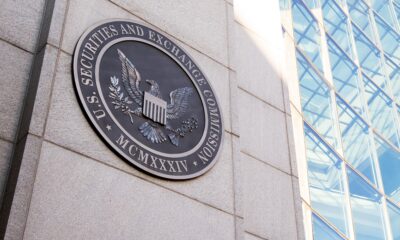
 Business3 days ago
Business3 days agoSEC axes Biden-era proposed crypto rules in flurry of repeals

